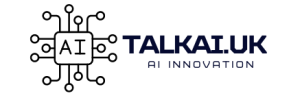Artificial Intelligence (AI) is often touted as the solution to many modern-day problems, from automating mundane tasks to driving groundbreaking research in healthcare. However, there’s a darker side to this technological marvel that is often overshadowed by the shiny promises of progress. Let’s pull back the curtain and expose some of the concerning aspects of AI that you might not be hearing about.
1. Ethical Dilemmas
AI Bias
AI models are trained on data generated by humans, and if that data contains biases, the AI can inherit and even amplify those biases. This can lead to unfair or discriminatory outcomes in areas like hiring, lending, and law enforcement.
Autonomy vs. Control
With autonomous AI systems, the line between machine decision-making and human control can blur. Who is responsible if an autonomous car makes a wrong decision that leads to a crash?
2. Job Displacement
Automation through AI can lead to increased efficiency but also causes significant job displacement in various industries. The loss of jobs without adequate reskilling opportunities can lead to social and economic inequality.
3. Security Concerns
AI-driven cyberattacks are becoming more sophisticated and challenging to defend against. The same technology that helps secure systems can be used by malicious actors to find vulnerabilities and launch attacks.
4. Environmental Impact
Training deep learning models requires substantial computational power, leading to high energy consumption. The carbon footprint of training some AI models can be enormous, contributing to climate change.
5. Lack of Transparency
Many AI models, especially deep learning ones, are often considered “black boxes.” The lack of understanding of how these models arrive at specific decisions can create accountability and trust issues.
6. Psychological and Emotional Effects
AI’s integration into social media and entertainment can lead to addiction and mental health concerns. The personalized algorithms can create echo chambers, reinforcing existing beliefs, and limiting exposure to diverse viewpoints.
7. Economic Concentration
Big tech companies with vast resources dominate the AI landscape. This concentration of power can stifle innovation, limit competition, and lead to a lack of diversity in AI development.
Conclusion: A Balanced Perspective
The dark side of AI doesn’t mean we should abandon this promising field. However, a balanced perspective is essential. Recognizing and addressing these concerns requires concerted efforts from governments, industry, academia, and society at large.
Regulations that enforce transparency, accountability, and ethical considerations, along with initiatives that focus on reskilling displaced workers, can help ensure that AI’s growth is inclusive and responsible.
Exposing these hidden aspects of AI is not about spreading fear but fostering a more informed and thoughtful approach to the development and deployment of this transformative technology.



